Contents
Augmented Reality
The biggest mobile game of the year in 2016 was Pokémon Go. Admittedly, most of us have forgotten about it, but there’s no doubt that the use of augmented reality was groundbreaking, with many parents believing that it encouraged their children to get out and explore the local area.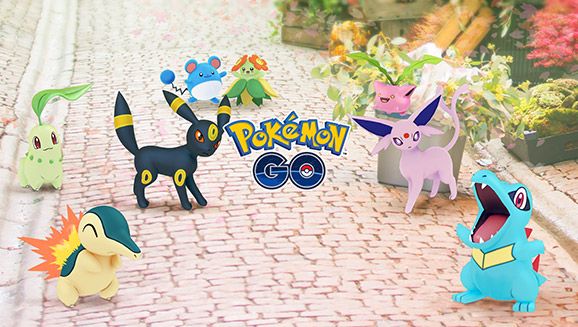
Social Ecommerce
The three main social media platforms – Facebook, Instagram and Twitter, all offer ways to purchase products from within their apps, with Snapchat currently still in the testing phase.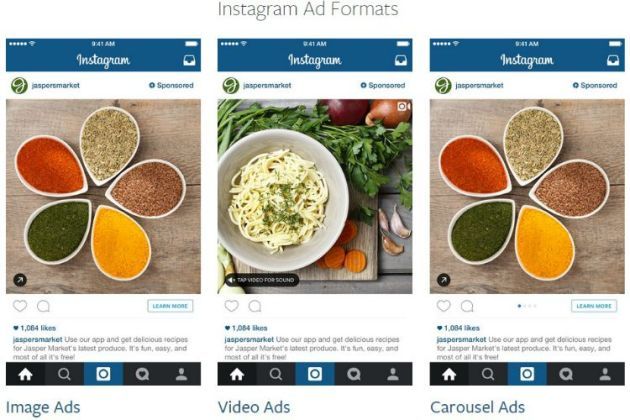
Paid Content
Instagram dropped a bombshell in 2016 when it announced that it was changing its algorithm so that you would no longer see things on a chronological basis. The algorithm, much like Facebook’s, was designed to make users satisfied with the content that they see on their feeds. However, it made it harder for brands to reach consumers through purely organic content. There is now more emphasis on paid content than ever – Adobe believes that social media advertising spend will increase to over $41 billion in 2017. Instagram earned over $1 billion from advertising revenue in 2016, proving that paid content is the future for most brands.Authenticity Through Immersive Technology
Creating engaging content in real-time is the best way for brands to be authentic on social media. Live video such as Facebook Live and Twitter’s Periscope is one of the best ways to communicate with a millennial audience.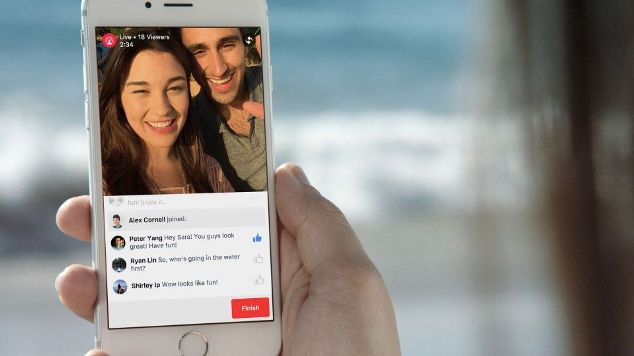
Activism
With President Donald Trump being elected in late 2016, activism is now more important than ever, and so is social media’s role in it. The likes of Twitter and Facebook are a way for activists to quickly spread their message across the globe. Posts on the networks can provide fair and unbiased coverage of events as they happen – often much more raw and unfiltered than what you would see from a traditional news outlet.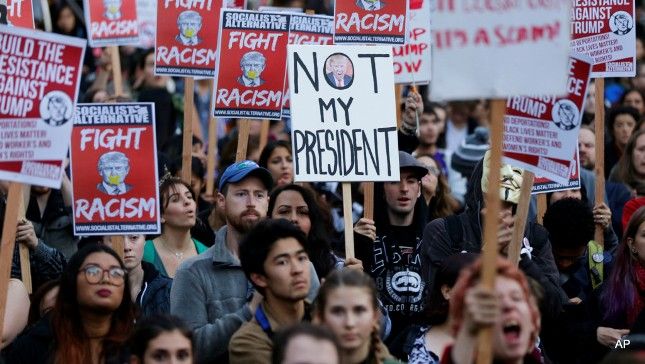
Messaging and Chatbots
Messaging apps are incredibly popular – over four billion people around the world use popular services like What’s App and Facebook Messenger. Brands can use them as a way to communicate with their customers privately, providing a faster way of getting issues resolved – no more waiting on hold or staring at their email inbox. For example, Hyatt, a hotel brand uses Facebook Messenger to allow customers to make reservations and get recommendations for upcoming trips. Facebook, What’s App and Twitter have all introduced integrated chatbots to help automate customer service and bookings.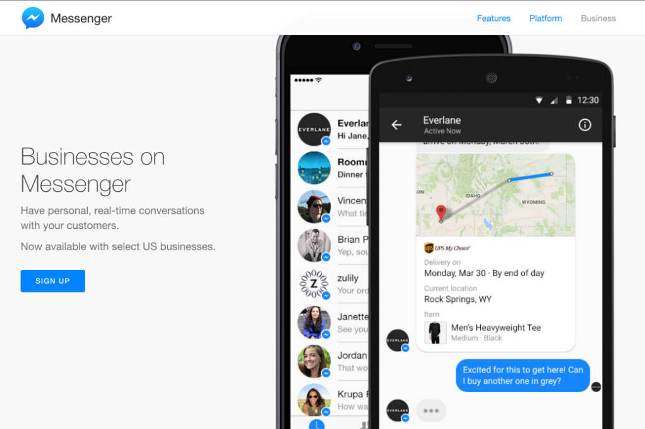
#FakeNews
The saying ‘Fake News’ has been made famous by Trump, but it is a problem on social media. As traditional news outlets decline and social media becomes the main source of news for Millenials, fake news is also rising. The 2016 Presidential Election was the worst time for it, with sites deliberately posting false information about both Hillary Clinton and Donald Trump.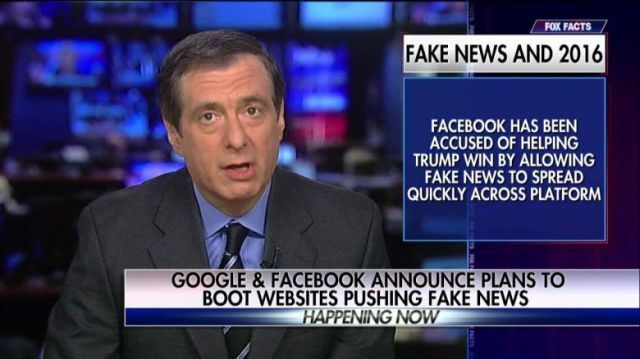
Disappearing Content
Snapchat was the first social media platform to offer disappearing visual content, but Instagram later followed suit with its Stories feature.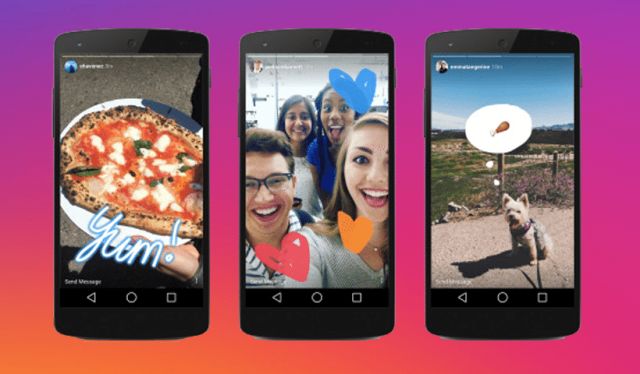
Investment in Mobile Advertising
Facebook brought in $7 billion in advertising revenue last year, and 80% of that amount came from mobile adverts. Twitter offers a variety of different advertising methods, from promoting a tweet to a fully sponsored campaign. Snapchat has sponsored filters that work for everything from a clothing brand to a newly-released TV show. Instagram lets users buy from directly within the app. All of the aforementioned features means that businesses are spending more money on mobile advertising than ever before, experimenting with different platforms to see which channel will directly influence their audience.Use of Social Influencers
Many brands from the food to the fashion industry use influencers as a more natural way of advertising. By hiring social influencers to publish seemingly organic posts on their social network, your target audience are seeing your advertisement without even knowing that they are seeing it! Recent examples of the power of social influencers include the Calvin Klein #MyCalvins campaign. Influencers on Instagram took pictures wearing gifted underwear, wearing them as casual clothes on a clean white background.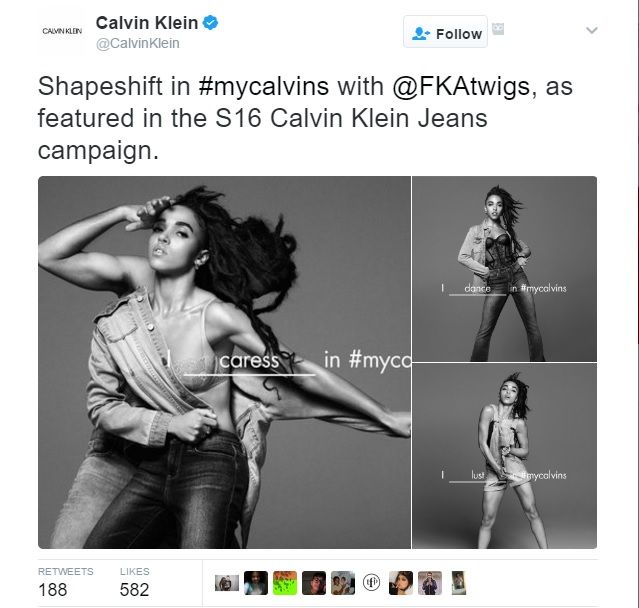
© 2017 – 2024, Leila Jones. All rights reserved.
Leila Jones is a content writer for First Lighting. Leila is a Public Relations graduate from Sheffield Hallam University in the UK. She loves social media, travel, food and fashion. You can follow her on Twitter @LeilaJones18.
Discover more from Business & Branding Tips
Subscribe to get the latest posts sent to your email.


Thanks for this comprehensive look at what may be ahead. It’s certainly something to think about.